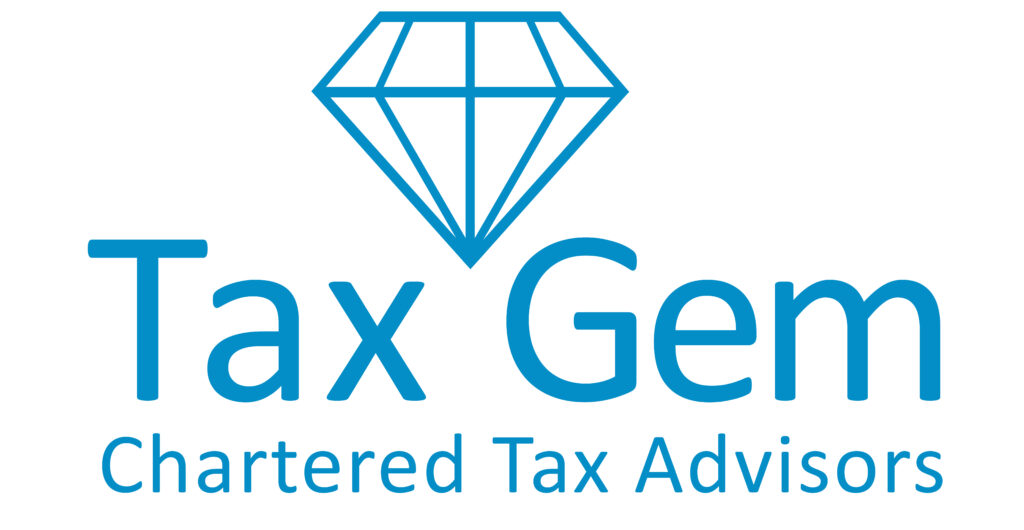By Steph Gemson, Founder of TaxGem

In a landmark policy shift, the UK government has announced the complete abolition of the non-dom tax regime, effective April 2025. The reform will replace the current non-domiciled status with a residence-based tax scheme, fundamentally altering the tax obligations for thousands of non-dom individuals residing in the UK. With this announcement, many non-dom residents are considering their financial future and residency status to align with the new rules.
Steph Gemson, founder of accountancy company TaxGem, discusses the implications of this change in the UK tax landscape and offers guidance on what people should do next if it impacts them.
What does the New Residence-Based Scheme mean?
From April 6, 2025, all UK residents, regardless of domicile status, will be taxed on their worldwide income and gains after four years of residence, removing the previous remittance basis option.
This means people who don’t class the UK as their permanent, main country of residence can no longer pay an annual remittance basis charge to exclude foreign income and gains from UK tax if they are not brought into the UK; all global income and gains will be taxed on an arising basis.
Individuals new to UK tax residence (defined as those in their first four years, after at least a decade abroad) will still have a four-year period during which foreign income and gains will be exempt from UK tax, with no restrictions on remittance.
How will the new regulations impact current non-doms?
The existing option for non-doms to pay a remittance basis charge to limit UK tax to UK-sourced income will be abolished, meaning all residents will now be taxed on worldwide income after four years of UK residence. Previously, non-doms could maintain their status and the remittance basis for many years, but under the new regime, non-dom distinctions are effectively eliminated for tax purposes, creating a uniform tax treatment for all residents.
Unlike the previous indefinite remittance basis option, the new regime will offer new UK residents a limited four-year exemption from foreign income and gains taxation, after which full UK taxation applies.
Non-doms accustomed to sheltering foreign assets, income and gains may face increased administrative and financial complexities under full worldwide taxation, which can impact wealth management, trusts, and cross-border income tax planning.
What should current non-dom UK residents do to manage their tax liabilities and finances?
Global financial planning is essential for non-dom UK residents who have previously relied on remittance-based rules. Careful global assets and income management under a worldwide tax scope, potentially impacting wealth management strategies and investments abroad, must be undertaken by a qualified, experienced accountant or tax adviser who understands global tax liabilities.
Non-doms new to the UK may benefit from the four-year exemption on foreign income and gains. Planning around this window can help maximise tax efficiency during the initial years of UK residency. For individuals with significant foreign income or assets, relocating outside the UK may be more attractive to preserve tax advantages.
Non-doms with foreign trusts or complex asset holdings should reassess these structures under the new rules, potentially restructuring to mitigate global taxation impacts. Non-doms can also utilise the Temporary Repatriation Facility (TRF) to remit overseas funds at a reduced tax rate. Also, they could qualify to rebase certain foreign assets, providing short-term opportunities to manage tax exposure effectively.
How can non dom UK residents still optimise their financial portfolios in the UK?
Despite removing the non-dom status there will still be tax-efficient investment options and methods for non dom UK residents to optimise their financial portfolios. With worldwide income becoming taxable, investing in UK-based assets can simplify tax obligations and reduce exposure to additional foreign tax complications, especially for income-generating assets. Tax-efficient investment wrappers like ISAs (Individual Savings Accounts) and pension contributions remain exempt from UK income and capital gains taxes – making this an attractive option for individuals looking to shelter investments from tax.
Eligible non-doms can elect to rebase certain foreign assets to their value as of April 5, 2017, ensuring only gains arising after this date are subject to UK Capital Gains Tax. This can significantly reduce tax liabilities on existing assets.
Reviewing offshore trusts under the new rules is essential for those with substantial assets. Due to new UK-wide tax obligations, trusts may need to be adjusted or, in some cases, liquidated if they no longer provide the intended tax benefits.
The Temporary Repatriation Facility (TRF) offers a window to bring pre-6 April 2025 foreign income and gains into the UK at a reduced tax rate. This can be advantageous for non-doms needing liquidity or wishing to reinvest in the UK while managing tax exposure.

Non-doms can also explore UK-compliant offshore investment funds structured to defer tax on growth until assets are realised or repatriated, aligning with global investment strategies while managing immediate tax impacts. Consideration must also be given to restructuring investments to prioritise assets generating capital gains over those producing dividends or interest, as capital gains may allow for more flexibility with lower rates of tax and available reliefs and exemptions, optimising the overall tax efficiency of the portfolio.
To ensure you navigate the new rules, seek a tax expert to help you make the correct financial decisions and understand your obligations and potential reliefs. Missteps in reporting foreign income or structuring international assets under the new rules could lead to hefty tax penalties. Professional advisors will ensure compliance with the updated HMRC requirements and minimise any risk. Experienced tax advisors can also guide non-doms in assessing options like relocating assets, adjusting investment portfolios, or considering alternative residency plans to optimise tax exposure and align with personal financial goals. With transitional reliefs, such as rebasing and the Temporary Repatriation Facility, professional advice is also key to strategically timing and structuring asset transfers, allowing non-doms to maximise these benefits while available.







Recent Comments